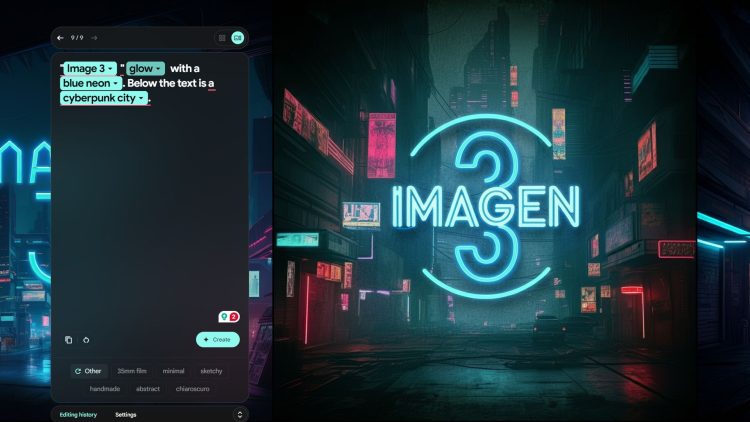Imagen 3 is here, Google AI is delivering results. Google has begun making this advanced AI image maker available to users through its AI Test Kitchen service.
The launch of Imagen 3 follows the initial announcement made during Google’s I/O keynote in May. Now, with just a prompt and a little patience, anyone can experience what this powerful tool has to offer.
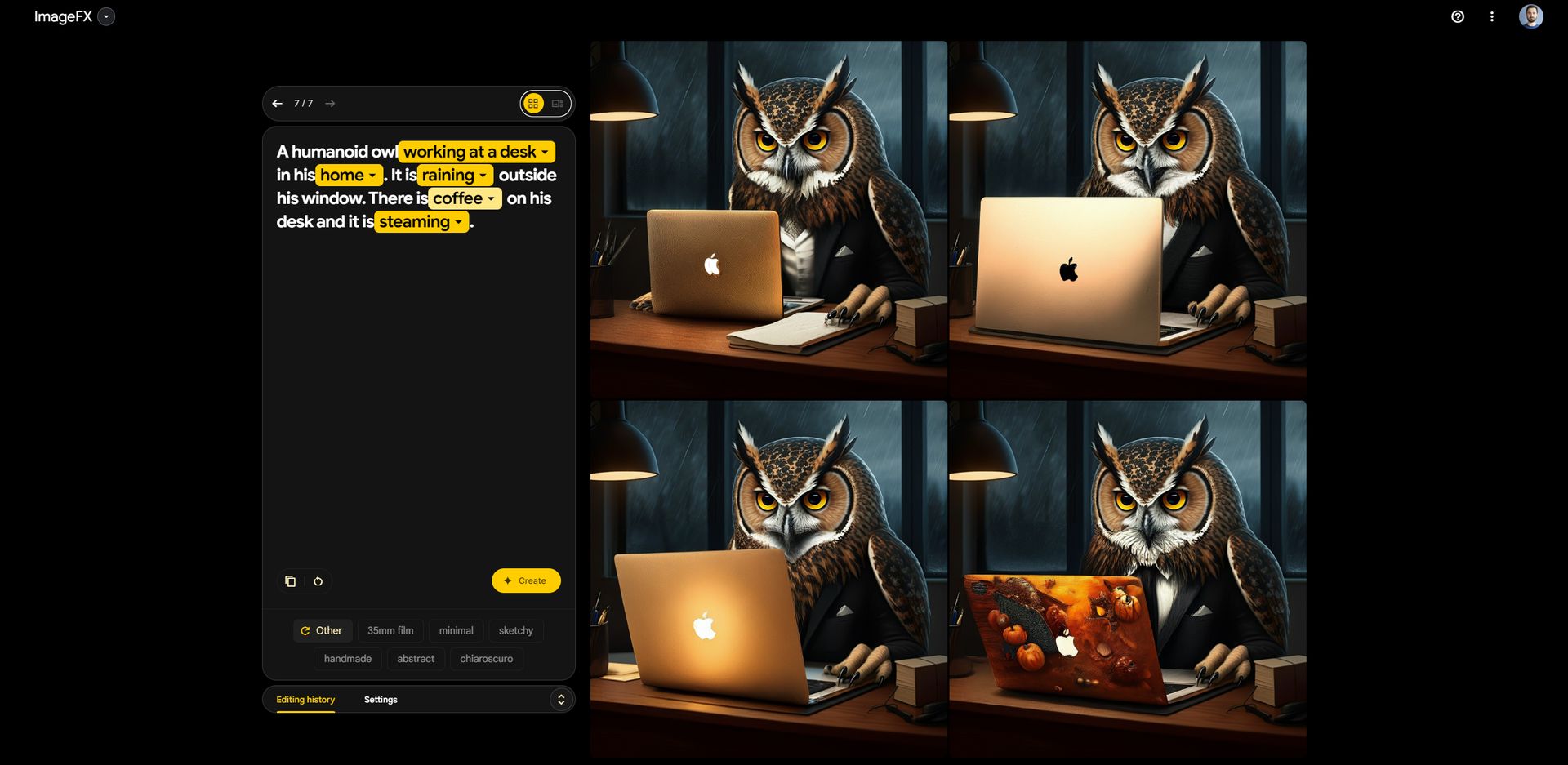
Why Imagen 3 stands out
The most important thing to know about Imagen 3 is that it’s not just another AI image maker, and that’s coming from Google, not us, which even claims it’s one of the best. According to the tech giant, Imagen 3 outperforms other models currently available. In tests conducted by various organizations, including PetaPixel, Imagen 3 stood out for its quality, with results that rival popular generators such as Midjourney and OpenAI’s DALL-E. Also, for now, Imagen 3 is completely free to use, which gives it an advantage over some of its competitors.
But is Imagen 3 really that good and how does it work? Google says it can produce images with superior detail, lighting, and fewer distracting artifacts compared to previous versions. The tool has been designed to understand complex prompts better than ever before, allowing it to produce a wide range of visual styles while capturing intricate details. In particular, users can create more specific and detailed images.
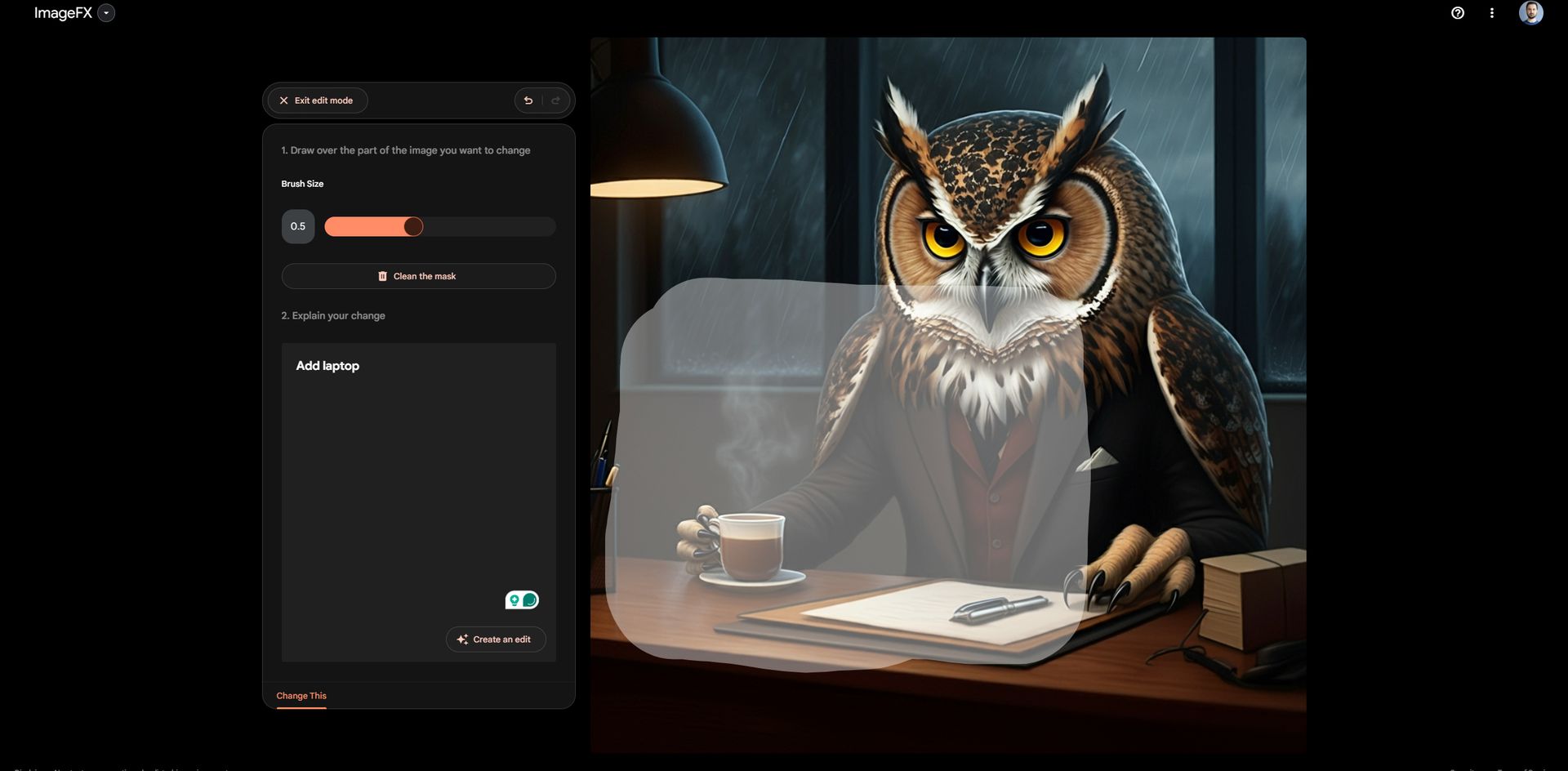
Exploring Imagen 3’s capabilities
Beyond basic image generation, Imagen 3 offers some impressive features. One of these is inpainting, which allows users to edit specific parts of an image by typing in desired changes. This kind of flexibility is becoming more common in AI tools, but Imagen 3 does it with a level of precision that sets it apart.
However, not everything is possible with Imagen 3. Google has implemented certain restrictions on the types of images it can generate. For instance, attempts to create images of well-known figures in controversial scenarios or replicate famous art styles are often blocked. Despite this, creative users have found ways to work around these limitations, sometimes by altering the phrasing of their prompts to achieve similar results.
Imagen 3 isn’t Google’s first foray into AI image generation, and it comes after some past controversies. Earlier this year, Google faced backlash over its AI image generator on Gemini, which was accused of overcorrecting for biases and “erasing” certain groups from images. This led to the removal of the tool entirely. With Imagen 3, Google seems to be taking a more cautious approach, though time will tell how it fares in the public eye.
If you’re curious to try out Imagen 3 for yourself, it’s available now on the DeepMind website. Whether you’re an artist, a content creator, or just someone interested in the latest tech, this new tool offers plenty to explore.

How to use Google AI Imagen 3
If you’re ready to dive into the world of AI-generated images, here’s a quick guide on how to get started with Google Imagen 3.
- Accessing the tool: Head over to the AI Test Kitchen website at this link. You’ll need to sign in with your Google account.
- Starting a project: Once you’re logged in, you’ll see an interface where you can start a new image generation project. Click on the “Create New” button to begin.
- Entering a prompt: In the text box, type a description of the image you want to generate. Imagen 3 is designed to handle complex prompts, so feel free to be detailed in your description.
- Customizing your image: After generating your initial image, you can use the inpainting feature to make adjustments. Simply select the area you want to change and type in what you’d like to see instead.
- Saving your work: Once you’re happy with the result, you can download the image directly to your device. You also have the option to share it directly from the platform.
Remember, while Imagen 3 is powerful, it does have some content restrictions, so be mindful of the prompts you use. Enjoy exploring what this advanced tool can do!
You can see some of the images we have compared with Midjourney for you:
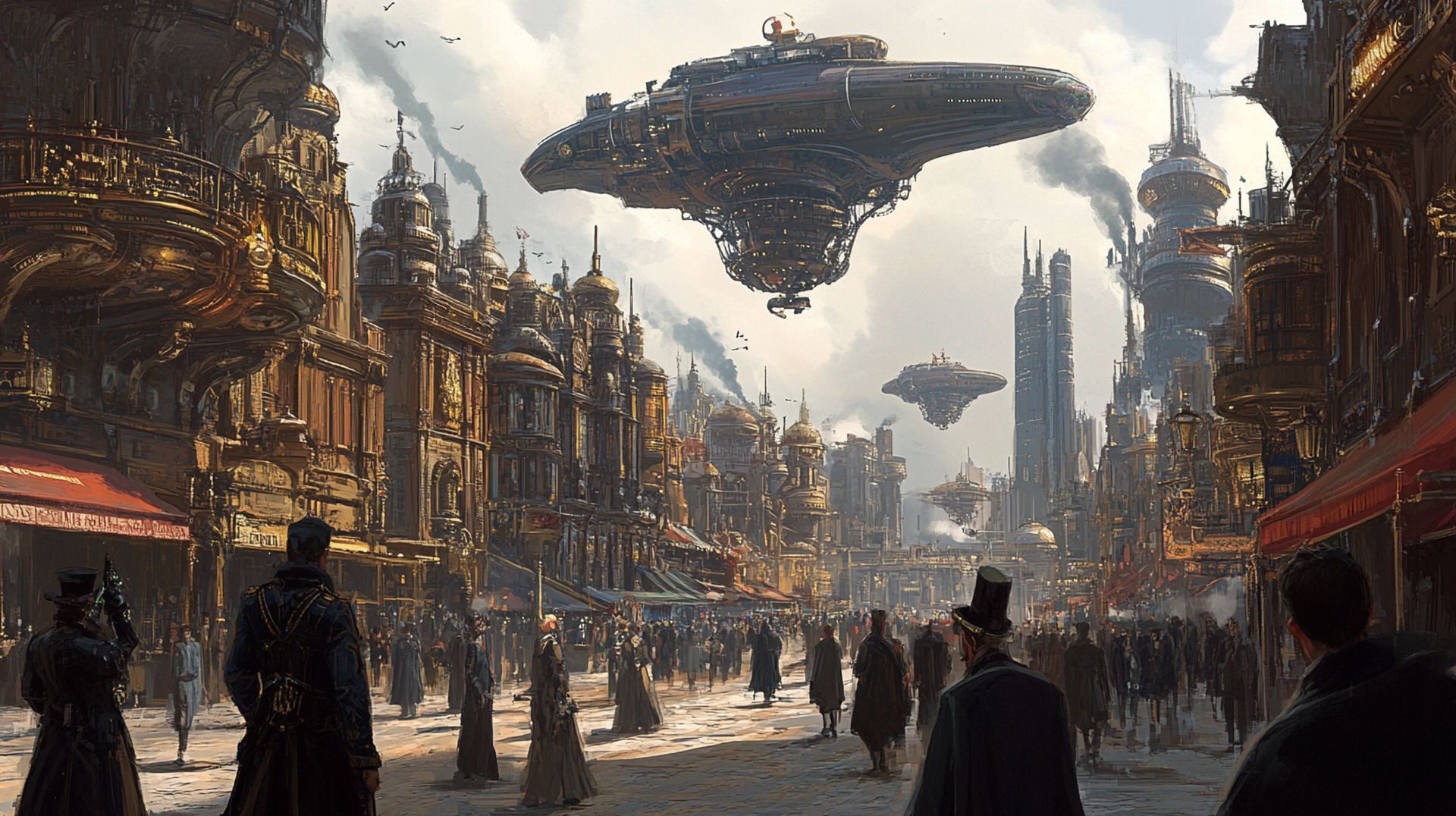
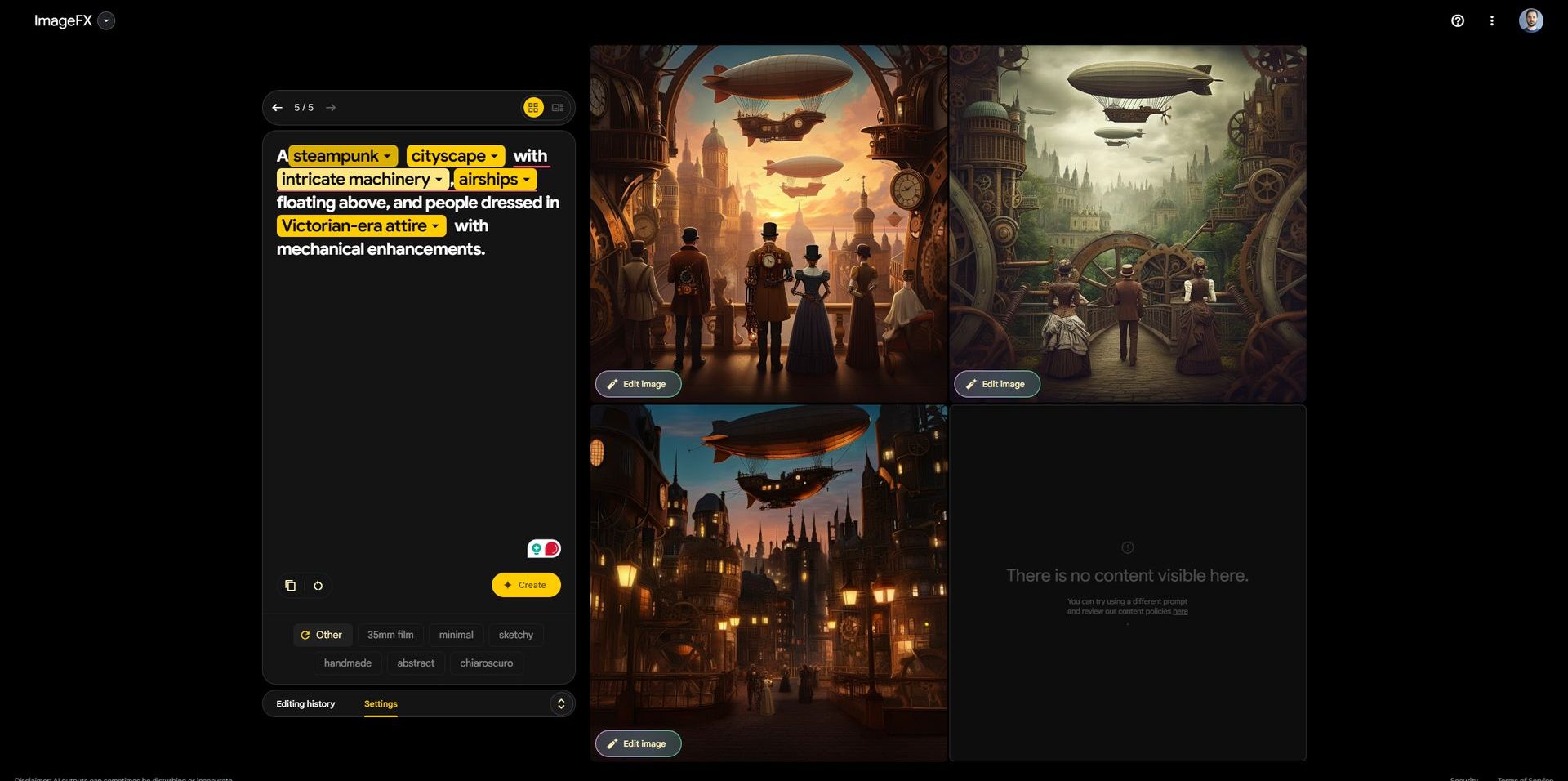
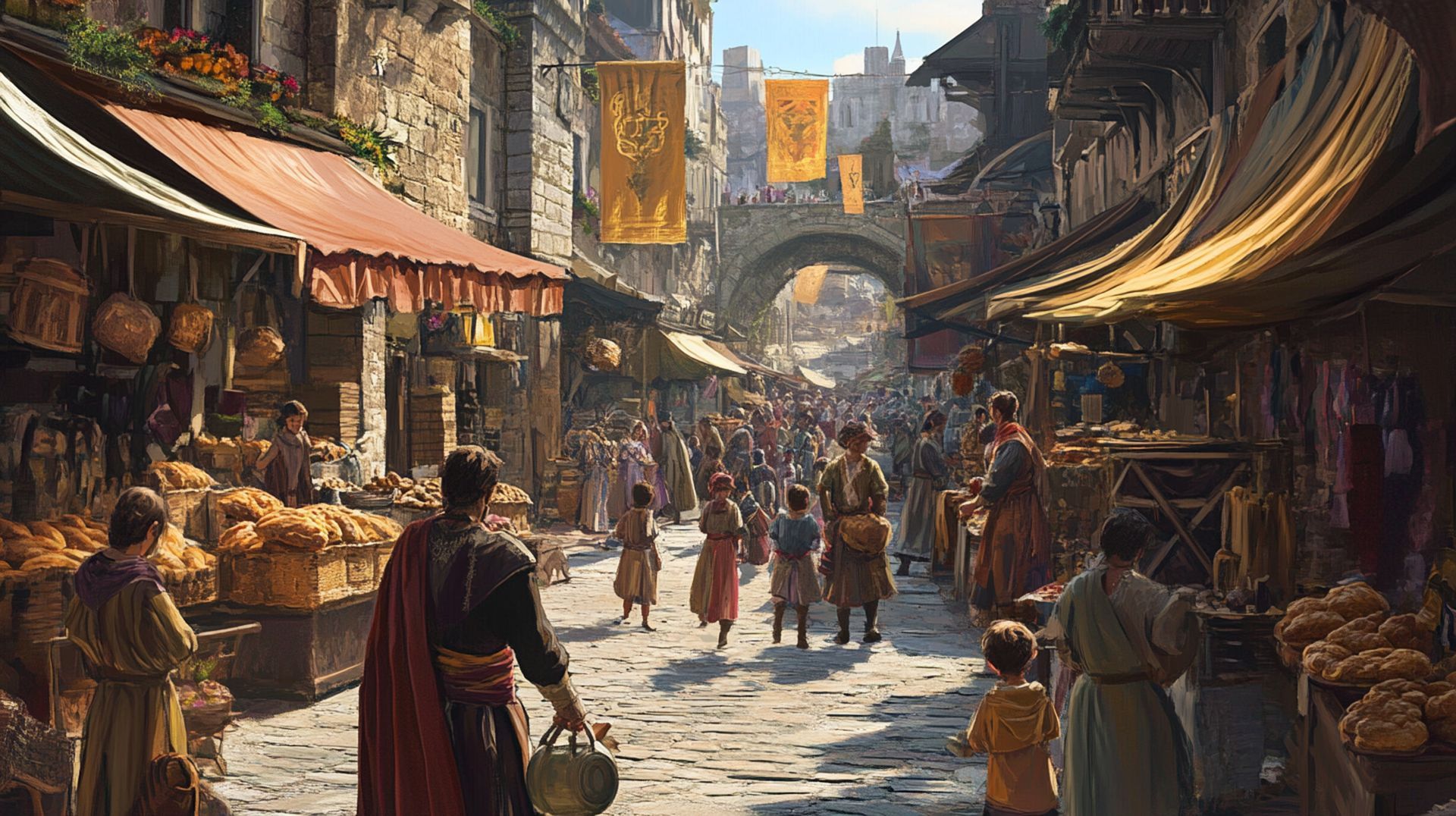
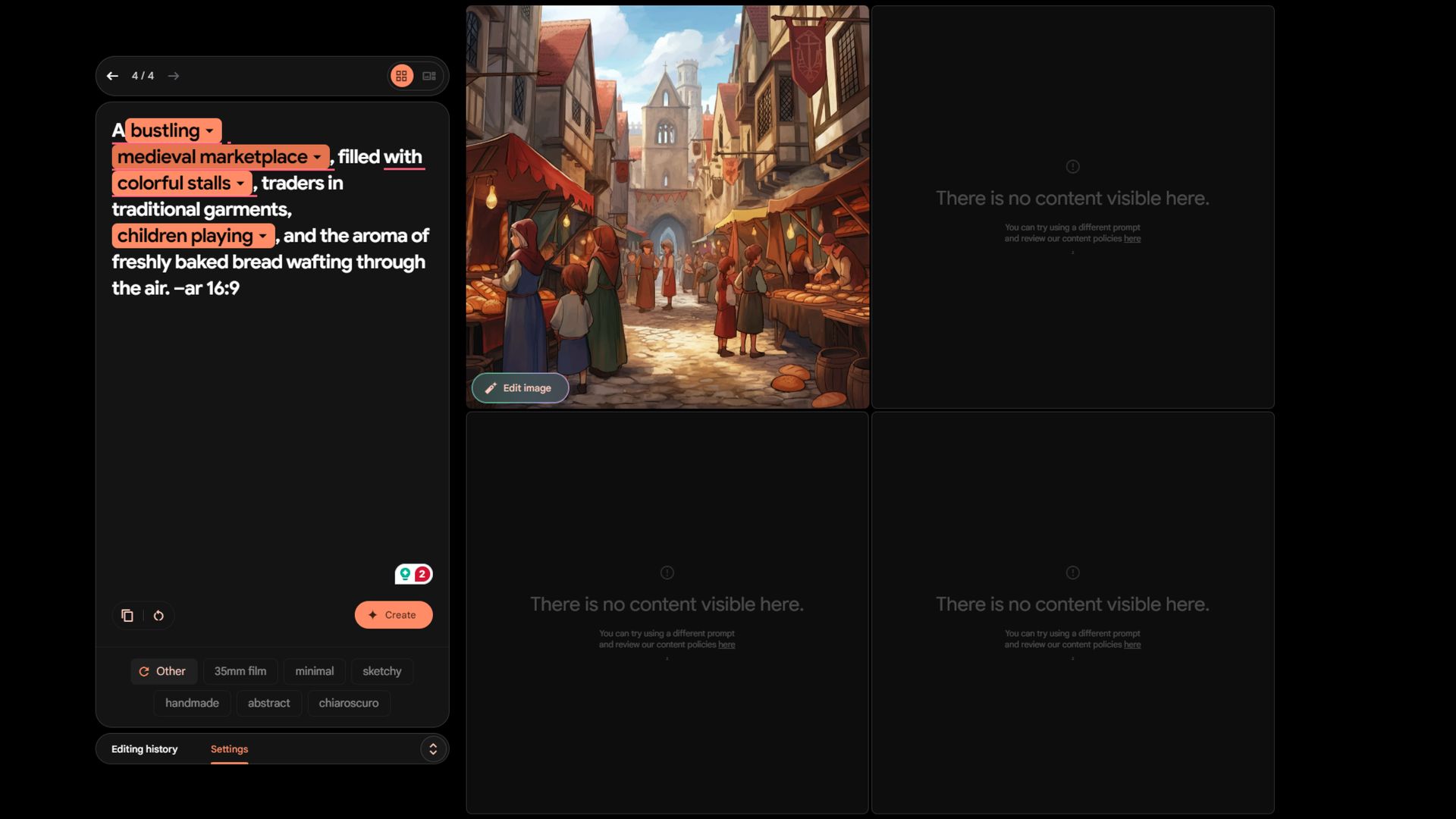

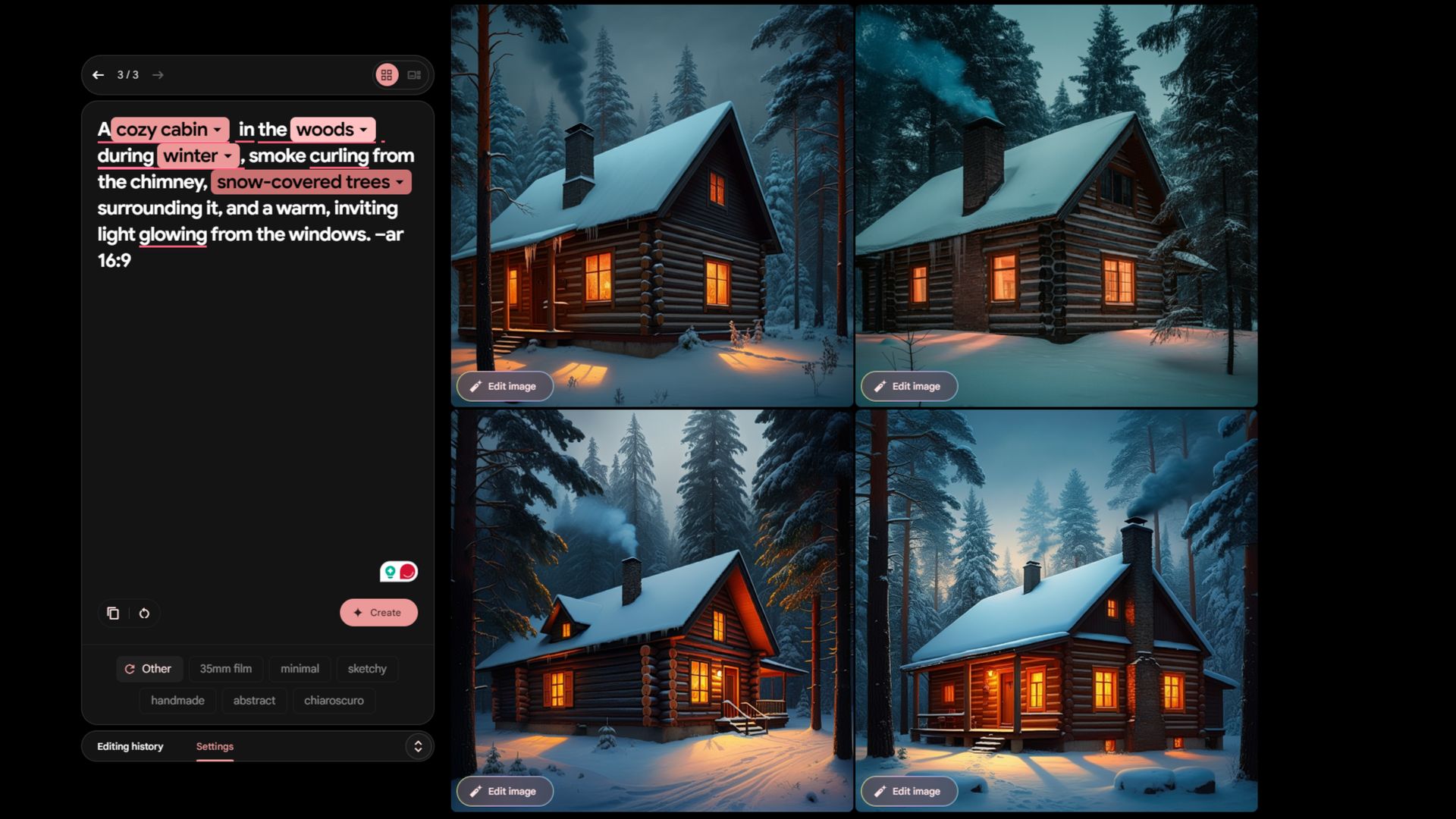

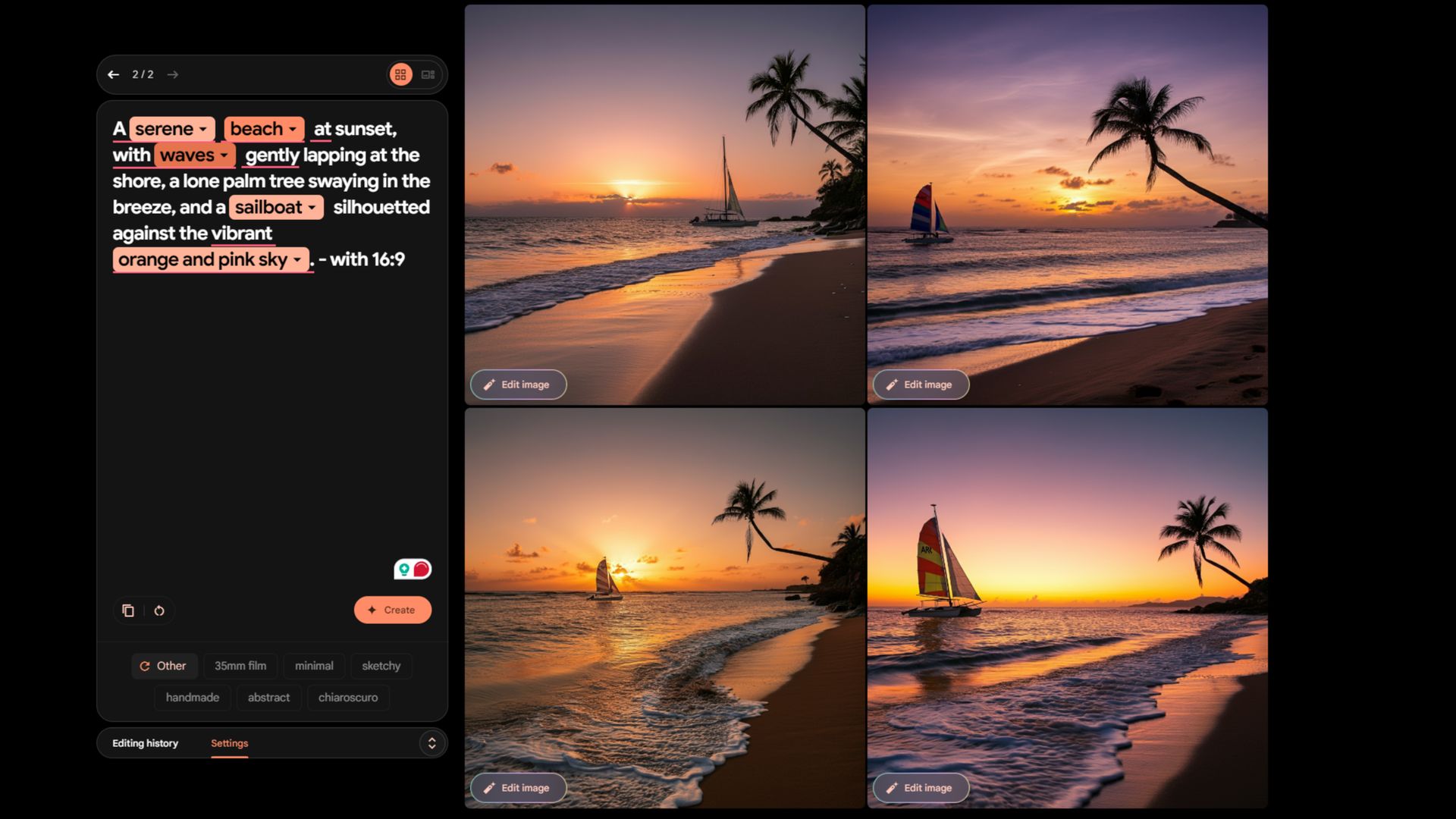
Featured image credit: Furkan Demirkaya / Google AI

